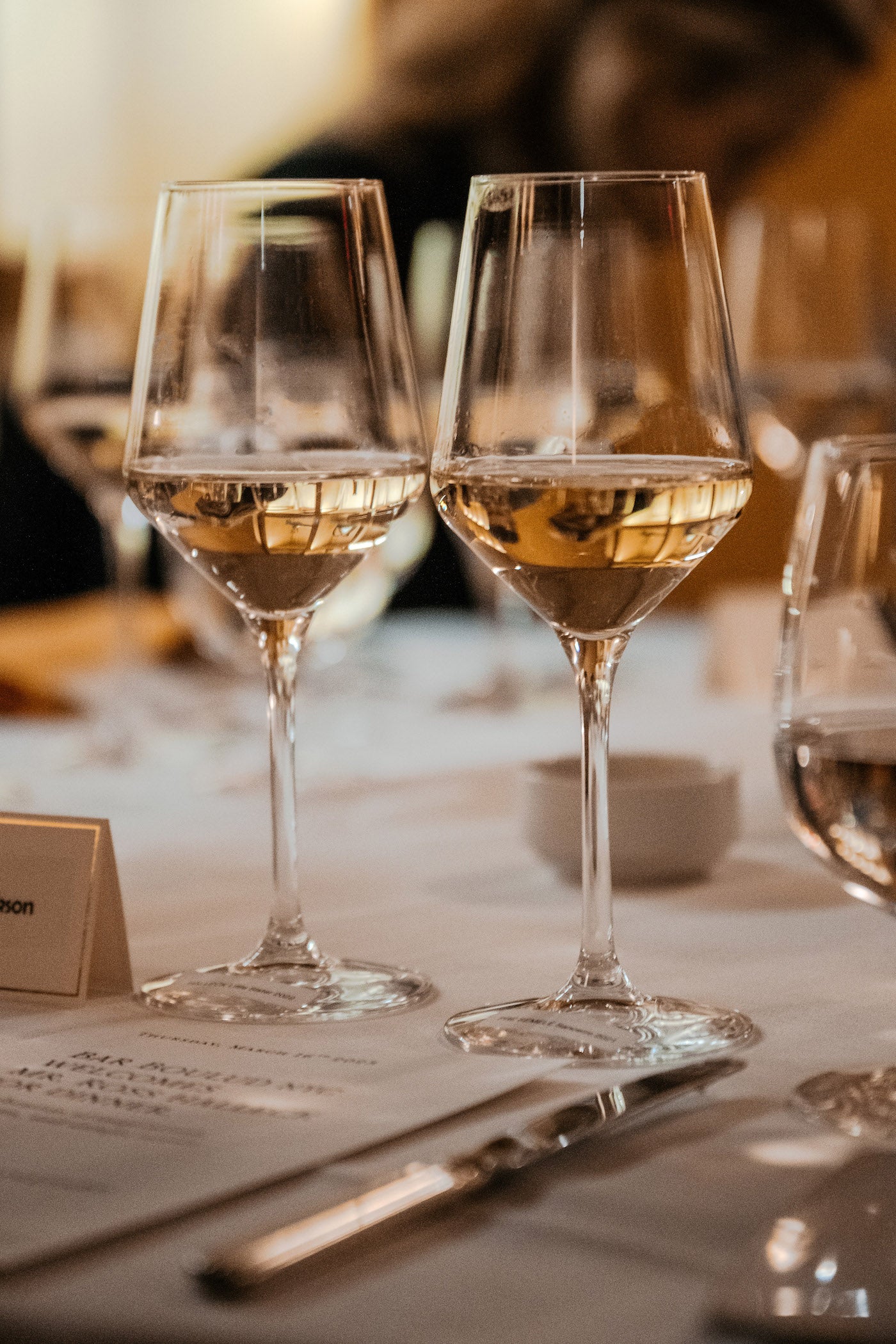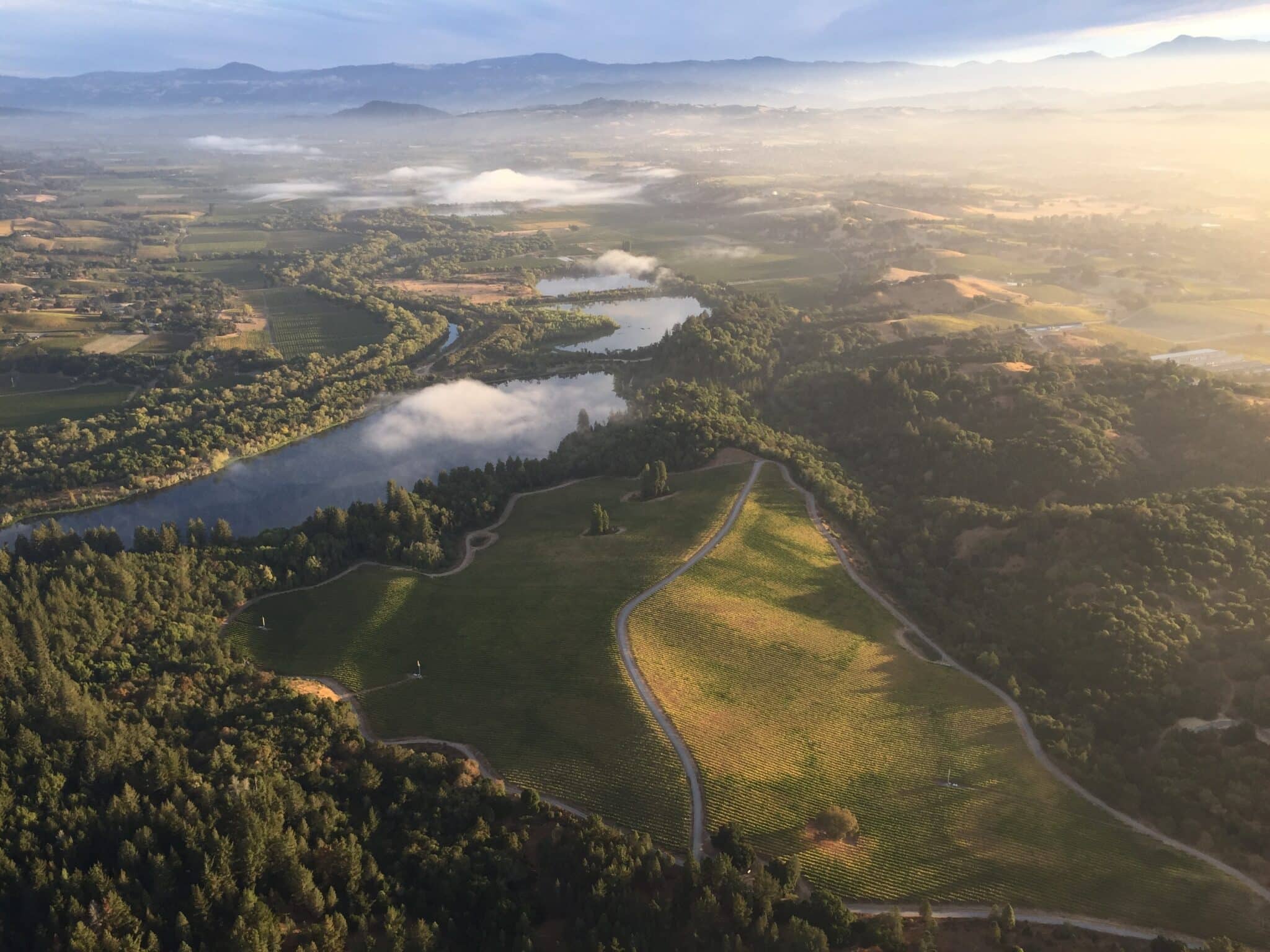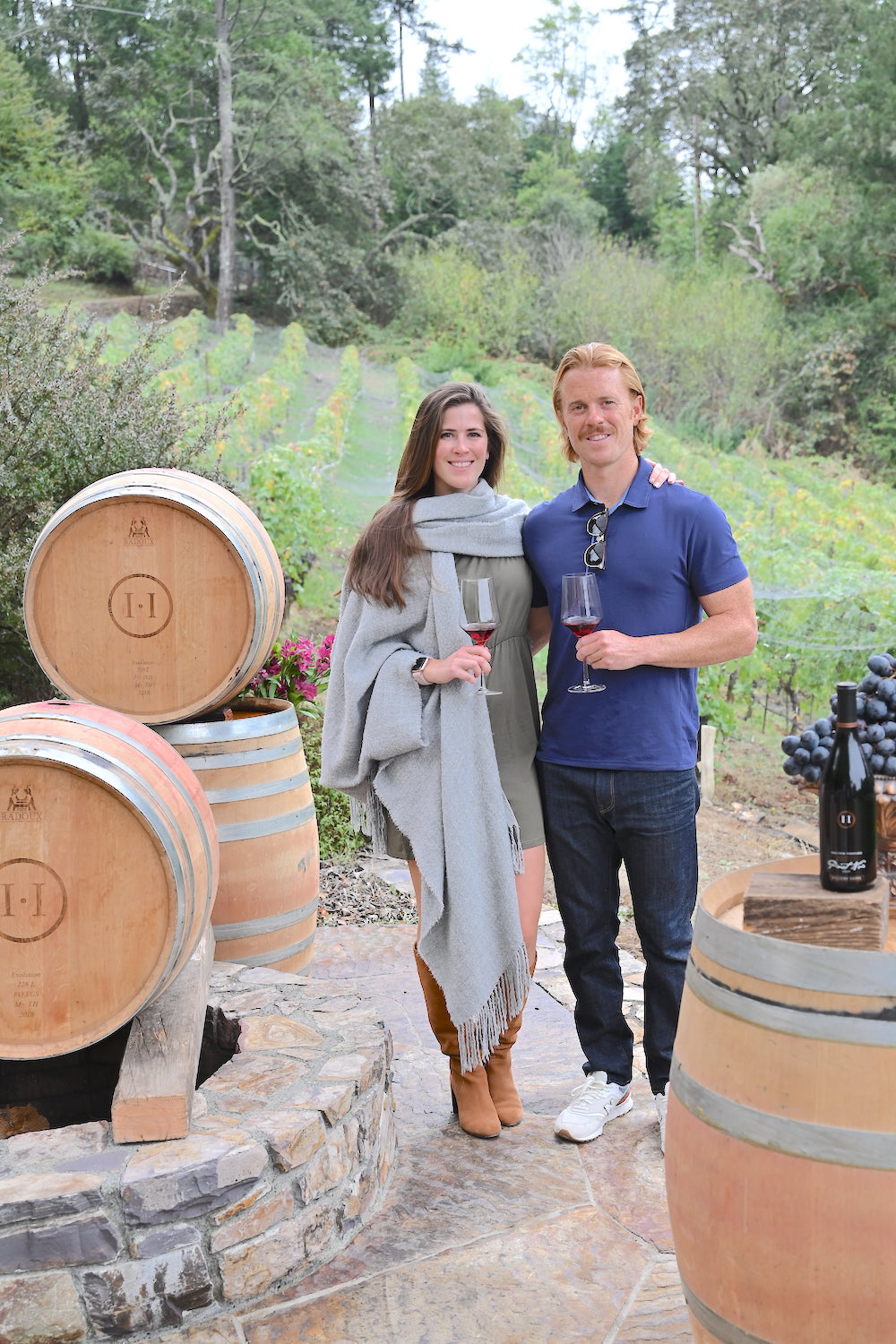Wineries Providing Guided Vineyard Walks - Discovering Sonoma Area Wineries
Wine tasting is often thought to be an art type, one that goes beyond merely having fun with a beverage. It embraces a posh interaction of flavors, aromas, and textures that requires dedicated practice to really master. Many who venture into the world of wine tasting shortly realize that it involves rather more than just sipping wine. Improving sensory skills via devoted winery wine tasting can elevate the experience, transforming an informal drinking occasion into a complicated exploration of the senses.
At a primary degree, wine tasting engages the senses of sight, smell, taste, contact, and even sound. Every component plays a crucial position in appreciating the nuances of a wine. When one first pours a glass of wine, the wealthy hues can provide initial insights into its age and varietal. Observing the color and clarity helps kind expectations about the wine's flavor profile. Many don’t totally recognize how this visual assessment can set the stage for what's to comply with.
The subsequent step is to interact the sense of odor. Swirling the glass aerates the wine, permitting its risky compounds to escape and fill the air with its bouquet. The nose entails some fascinating layers—different aromas can signal varied aspects of the winemaking process, together with the type of grapes used, fermentation strategies, and growing older conditions. Growing a keen sense of odor can be a game-changer in wine tasting.
Wineries Ideal For Romantic Getaways - Sebastopol Vineyard Visits
To improve this sensory skill, wine enthusiasts are sometimes inspired to participate in dedicated tastings at wineries. These tastings allow people to focus solely on the sensory experience (Vineyard Picnic Spots In Sonoma Valley). Tasting periods led by educated sommeliers or winemakers can provide insights into identifying distinct aromas. Studying to distinguish between floral, fruity, earthy, and spicy notes can empower a taster to articulate their experience with greater precision.
As one practices their sensory abilities, they may discover that their style preferences evolve. This transformation usually occurs after a number of tastings. A wine that initially appeared overwhelming would possibly reveal hidden layers of complexity with a little bit of experience. Understanding the way to isolate particular person flavors similar to acidity, sweetness, bitterness, and umami contributes substantially to the general wine experience.
One Other important component in enhancing sensory skills is the context in which wine is tasted. Environmental elements like temperature, lighting, and even the corporate current can influence perceptions. At a winery, an optimum setting can reduce distractions and enable a more profound exploration of the wine (Small Batch Wineries In Sonoma Valley). Practicing aware tasting techniques encourages a extra immersive experience, permitting tasters to hone in on their senses.
It isn't solely about individual perception, though. Engaging with others during a tasting also can enhance sensory skills. Sharing notes and discussing impressions fosters a deeper understanding of the wine. This collaborative method encourages members to articulate their sensory experiences, thereby broadening their linguistic repertoire associated to wine tasting.
Elegant Wine Tasting Locations In Sonoma - Sebastopol Vineyard Visits
Additionally, pairing wine with food can significantly improve the tasting experience. Totally Different combinations can deliver out distinctive flavors in each the wine and the dish. As one tastes a wine alongside specific foods, they'll begin to acknowledge how certain elements within the wine complement or distinction with what they're eating. This skill of pairing is one other layer that enriches sensory growth.
Training one’s palate can involve a selection of exercises. Some enthusiasts interact in systematic tasting experiences, sampling a spread of wines that showcase completely different varietals, areas, or vintages. Exploring this diversity can sharpen the flexibility to discern nuances throughout totally different wine profiles. Over time, this practice builds a psychological library of flavors that can be accessed during future tastings.
Notably, written notes serve a dual objective: organizing one’s ideas and reinforcing memory. By writing down observations about each wine, tasters can track their progress over time. Detailing the traits of wines assists in solidifying information, finally deepening one’s appreciation of what they consume.
Moreover, attending workshops or classes centered on sensory analysis may also be beneficial. Many wineries provide these academic applications to help individuals refine their skills. Typically, educated instructors guide participants through structured tastings, specializing in particular parts of the wine. This level of schooling reinforces the sensory skills asynchronously and challenges tasters to contemplate their experiences from completely different angles.
Celebrated Winemakers To Discover In Sonoma - Top Sonoma Wineries To Visit

Over time, the commitment to improving sensory skills via dedicated winery wine tasting can yield significant rewards. The enjoyment derived from Related Site wine turns into layered and multifaceted. No longer limited to a easy preference for "pink" or "white," tasters begin to appreciate the tales behind every pour. They domesticate a palette capable of navigating the complex panorama of flavors with confidence.
In conclusion, the journey of enhancing sensory skills through devoted winery wine tasting is as rewarding as it's gratifying. It requires focus, commitment, and a willingness to study, however the outcomes far exceed the preliminary effort. By partaking you could try these out multiple senses and participating in considerate discussions, people not only become more adept at identifying flavors but additionally develop a deeper appreciation for the craftsmanship behind each bottle. The process transforms wine from a mere beverage into a rich tapestry of sensory exploration that beckons enthusiasts to delve deeper. As skills improve, so too does the enjoyment, enriching life experiences one sip at a time.
Best Wineries For Sunset Views In Sebastopol - Sonoma Vineyards For A Perfect Day Out
- Partaking the palate through various wine varieties enhances the flexibility to differentiate flavors and aromas, refining general sensory perception.
- Collaborating in guided tastings promotes focused attention on subtle characteristics of each wine, nurturing important tasting skills.
- Studying to establish particular grape varieties fosters a deeper understanding of terroir, which aids in recognizing regional flavor profiles.
- Incorporating food pairings throughout tastings can heighten sensory consciousness, as different tastes can affect one another and alter perceptions.
- Working Towards the art of swirling and nosing wines allows people to attach olfactory cues with taste, enhancing the power to articulate sensory experiences.
- Attending workshops that emphasize blind tastings trains members to rely purely on their senses quite than preconceived notions, enhancing objectivity.
- Elevating sensory skills can result in better wine selection skills, empowering individuals to make knowledgeable decisions based mostly on personal preferences.
- Participating with educated sommeliers offers insights into wine-making processes, which deepens sensory appreciation and enhances vocabulary for describing wines.
- Regular participation in tastings encourages reminiscence growth of flavors and aromas, aiding within the formation of a customized sensory profile over time.
- Sharing tasting experiences with peers fosters dialogue, selling communal studying that can improve individual sensory skills via collaboration.undefinedWhat is the aim of improving sensory skills via wine tasting?

Enhancing sensory skills through wine tasting allows people to boost their capability to determine and recognize the varied aromas, flavors, and textures of wine. This heightened sensory awareness can lead to a deeper understanding of wine and an overall enriched tasting experience.
Local Favorite Wineries In Sonoma - Sebastopol Area Wine Tasting
How can I develop my sensory skills at a winery?
You can develop your sensory skills at a winery by taking part in guided tasting periods that focus on specific varietals. Have Interaction with educated employees who can provide insights and encourage you to take notes on your impressions, enhancing each your observational and descriptive talents.
What should I expect during a dedicated wine tasting experience?
Wineries Known For Their Beautiful Gardens - Wine Tasting And Vineyard Tours In Sonoma
Throughout a devoted wine tasting experience, anticipate to pattern a number of wines while receiving focused training about every one. You May be taught about the winemaking course of, tasting techniques, and the means to discern different sensory traits, all in a relaxed surroundings.

Is prior knowledge of wine necessary to learn from a sensory skills workshop?
- Best Chardonnays From Sonoma Winemakers
No prior data of wine is important; the workshops are designed for all ranges of experience. Beginners will discover useful info to construct from, while seasoned tasters can refine their skills and broaden their palate even further.
How do sensory skills influence my overall wine appreciation?
Off The Beaten Path Wineries In Sonoma - Enjoying A Vineyard In Sonoma
Bettering sensory skills significantly enhances your general wine appreciation by permitting you to establish subtleties and complexities in wines. This deeper understanding enriches your tasting experience and helps you make informed selections based on personal preferences.
Are there particular techniques I should use while tasting wine to enhance my sensory skills?
Romantic Winery Destinations In Sebastopol - Sebastopol Wine Country Vineyards Adventure
Sure, using techniques such as the "SWOT" methodology (Sight, Swirl, Odor, Sip, Savor) may be useful. Pay consideration to the wine's appearance, aromatics, and mouthfeel, and take your time with every sip to totally discover the flavors and sensations.
What sort of wines are sometimes included in sensory skills tastings?
Sometimes, sensory skills tastings include a big selection of wines that showcase different areas, varietals, and styles. This variety helps individuals establish distinct characteristics and enhances their ability to distinguish between wines.
Can sensory skills workshops be personalized to my tasting interests?
Wineries With Unique Wine Blends - Best Wine Tasting Spots In Sonoma County
Many wineries provide personalized choices for sensory skills workshops, allowing you to focus on specific types of wines or themes that interest you, such as organic wines or distinctive regional offerings. It Is greatest to inquire immediately with the winery for tailored experiences.
Is there a method to practice sensory skills after leaving the winery?
Yes, you'll have the ability to practice your sensory skills at home by tasting different wines and keeping a tasting journal. Experimenting with numerous food pairings and aromatics can additional improve your understanding of how flavors interact, reinforcing the skills gained on the winery.